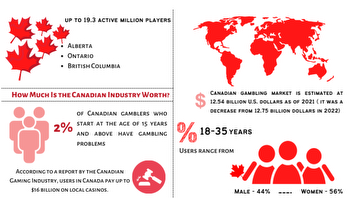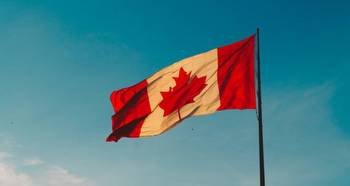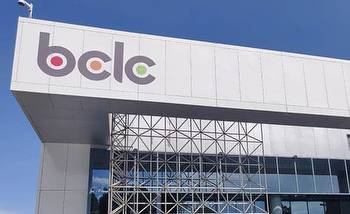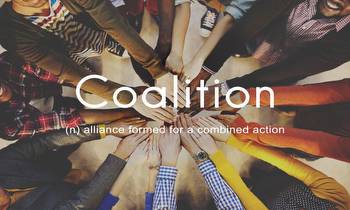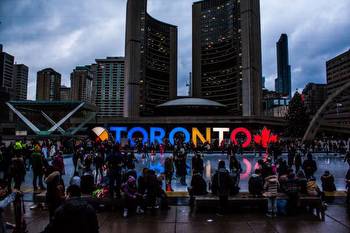N.B. residents lose more money than expected to at-home slots

New Brunswick residents lost $7.3 million on at-home slots and table games at Atlantic Lottery Corporation’s “iCasino” during the first eight months of its operation, records show.
New Brunswick residents lost $7.3 million on at-home slots and table games at Atlantic Lottery Corporation's "iCasino" during the first eight months of its operation, according to records.
It's more than the corporation expected. It is also the first hint of how lucrative the online gambling option could become for the organization if it can coax all four Atlantic provinces into joining the business
"At this point, online casino-style games are only available in New Brunswick," said Greg Weston, ALC communications strategist, in an email to CBC News.
"We continue to work with our provincial shareholders towards making this product available across Atlantic Canada."
ALC quietly began offering what it calls "islots" and "itable" games in New Brunswick in August 2020.
It was budgeted to bring in $6.8 million from users by the end of the fiscal year in March 2021.
But heavier than expected play on virtual table games like roulette, and card games like poker and blackjack, helped boost revenues by an extra $500,000.
Some of the 95 different slot machines and games now on offer have high-bet limits, up to $500 on a single spin or card hand, but little information is available about customer playing patterns.
The corporation won't say whether the games attracted a large number of New Brunswick users who lost modest amounts, a small number who lost large amounts or a combination of the two.
"Any data related to unique players on iCasino would be considered competitive information and cannot be released publicly," wrote Weston.
The corporation has been trying to convince governments in Atlantic Canada to embrace virtual casino gaming for several years.
It argues the option is already available to the public from offshore unlicensed providers, and governments could capture that money locally instead to help fund public services.
One month into the COVID-19 pandemic in April 2020, ALC made pitches to provincial governments suggesting social lockdowns and restrictions were an "opportunity" to successfully launch an at-home virtual casino "immediately during COVID," but only New Brunswick proceeded.
The corporation projected profits of $233 million over seven years if all four provinces joined, but New Brunswick's first eight months suggests that estimate may be low.
Nova Scotia has said it is open to the idea of joining. Prince Edward Island has also tentatively agreed, although not without considerable debate and promises of counter-measures that include increased addiction funding.
Approval for the iCasino in New Brunswick came without a similar public airing of potential issues. But, on Friday, the New Brunswick Department of Finance said its own lotteries division has been "closely monitoring" iCasino since its launch and has detected no problems.
"We are satisfied with the performance of the games so far," government spokesperson Erika Jutras said in an email.
"Our primary objective in launching these games was to provide a safe and regulated space for players who choose to play online, and keep revenue in New Brunswick that would otherwise flow to offshore, unauthorized operators."









